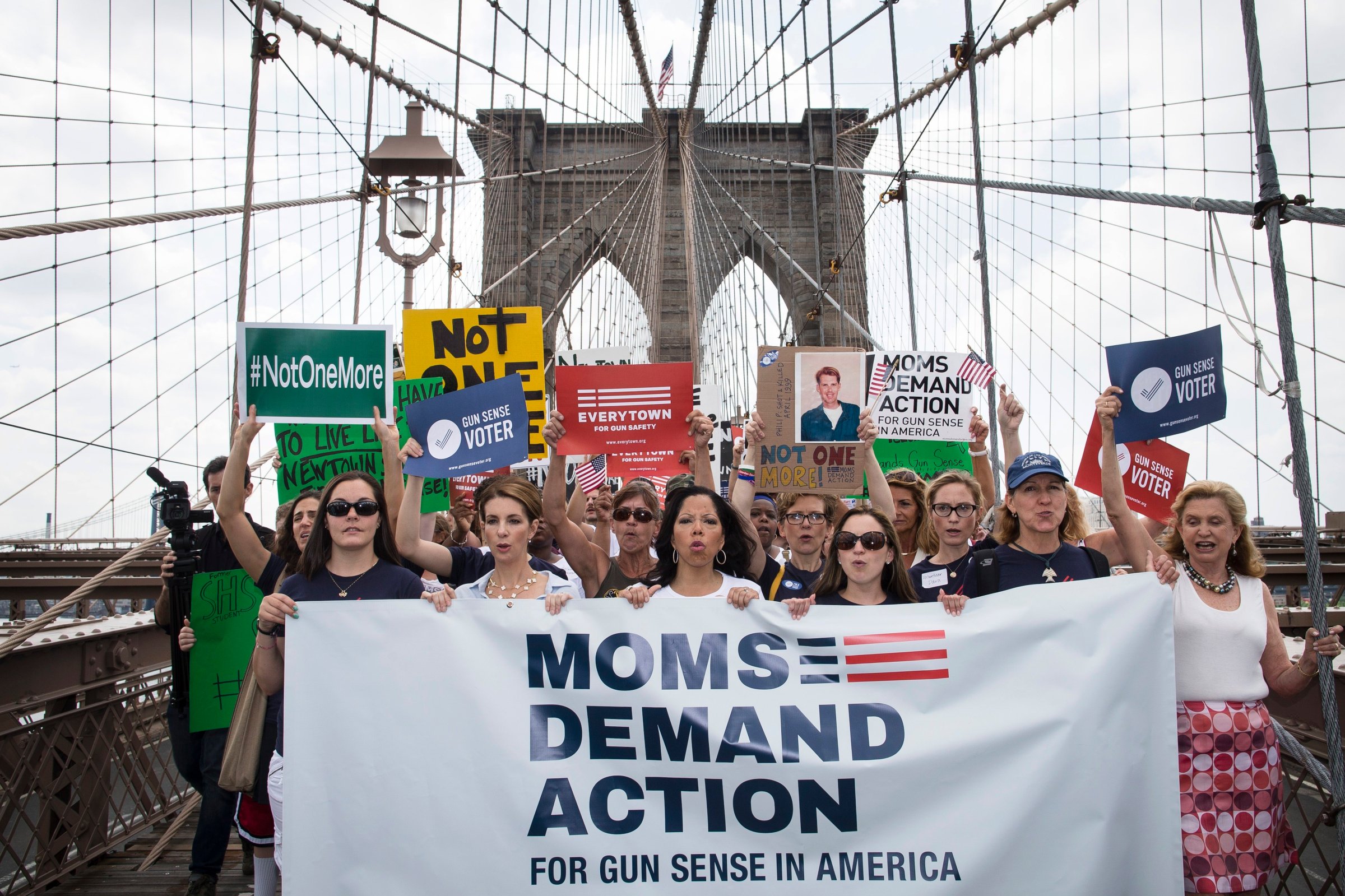
Despite a Republican takeover of the U.S. Senate, gun control advocates celebrated Wednesday on the heels of a major ballot measure victory in Washington state, which they say offers a new road map for enacting new guns laws around the country.
The new national strategy is to largely bypass Congress, where recent gun control efforts have gotten little traction even in the wake of the 2012 mass shooting in Newtown, Conn. Instead, gun control activists say they are redirecting their attention and money to states—and to voters directly. Although votes are still being counted, it appears that a 2014 ballot initiative in Washington state expanding gun sale background checks will pass with a comfortable margin.
Appealing to voters through ballot initiatives has helped advance other progressive causes in recent years, including minimum wage increases and the legalization of medical marijuana. It’s a lesson gun control advocates have taken to heart. “I think it does represent a subtle shift,” says Adam Winkler, a law professor at the University of California, Los Angeles who favors gun control. “What we’re seeing is a renewed effort by gun control advocates to take this issue to the voters directly.”
Gun rights groups, including the National Rifle Association, have dominated the state-level battlefield for the last decade, outspending gun control groups and successfully lobbying to block a variety of new gun laws proposed in legislatures, including those that have widespread public support. But that too may be changing. Gun control groups outspent gun rights groups 5-1 in Washington state this year, after the National Rifle Association chose not to invest heavily.
See Where America Votes
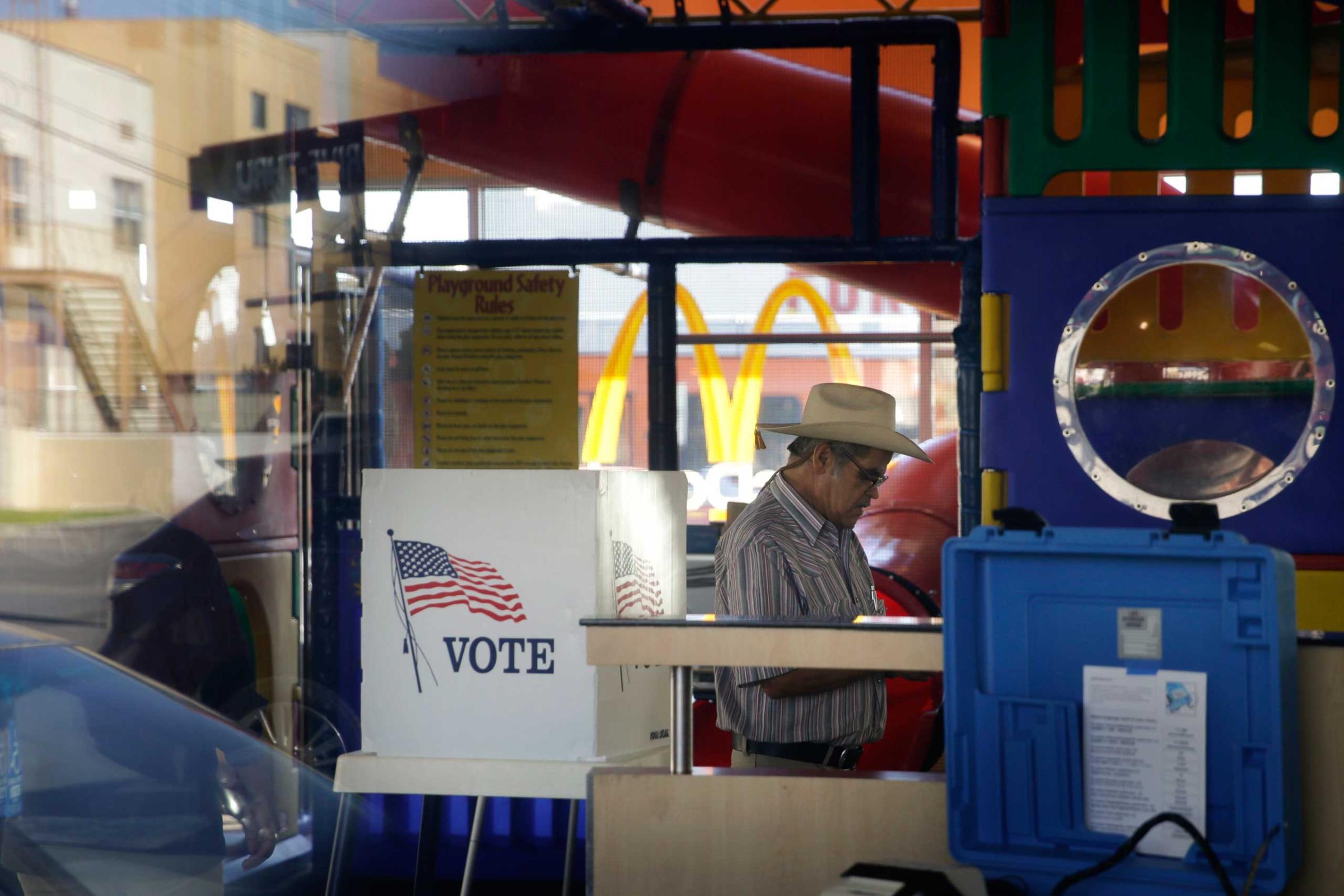
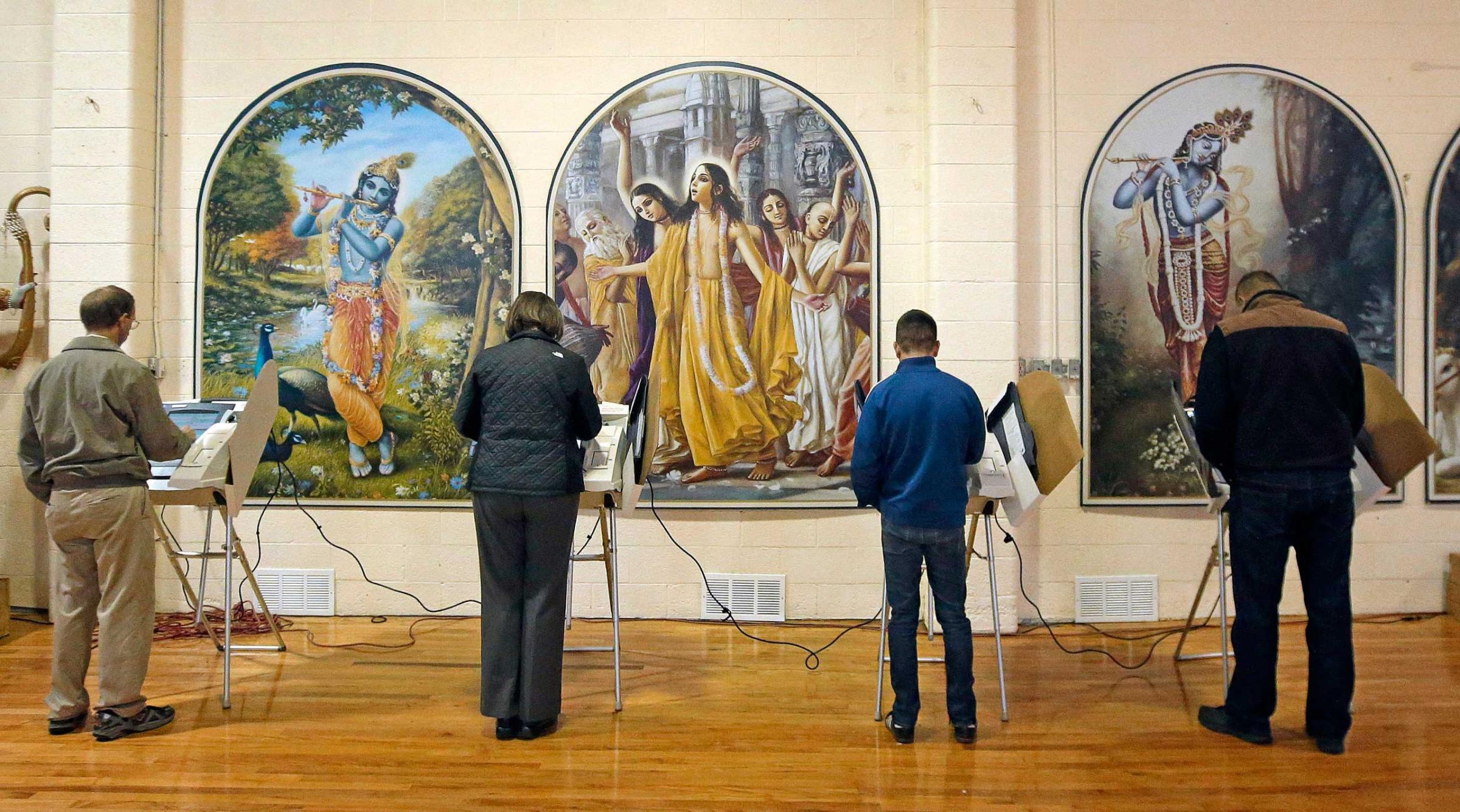

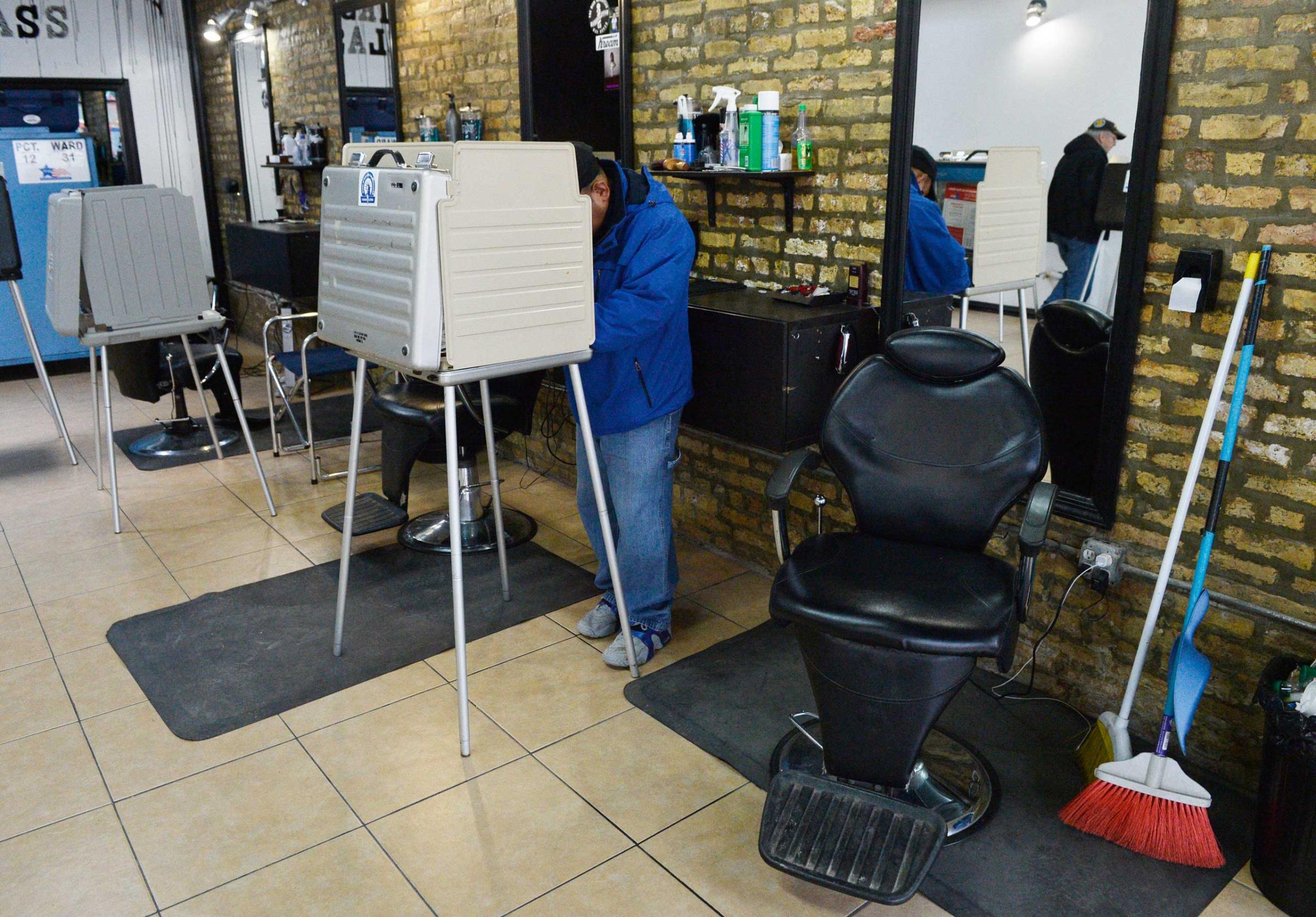
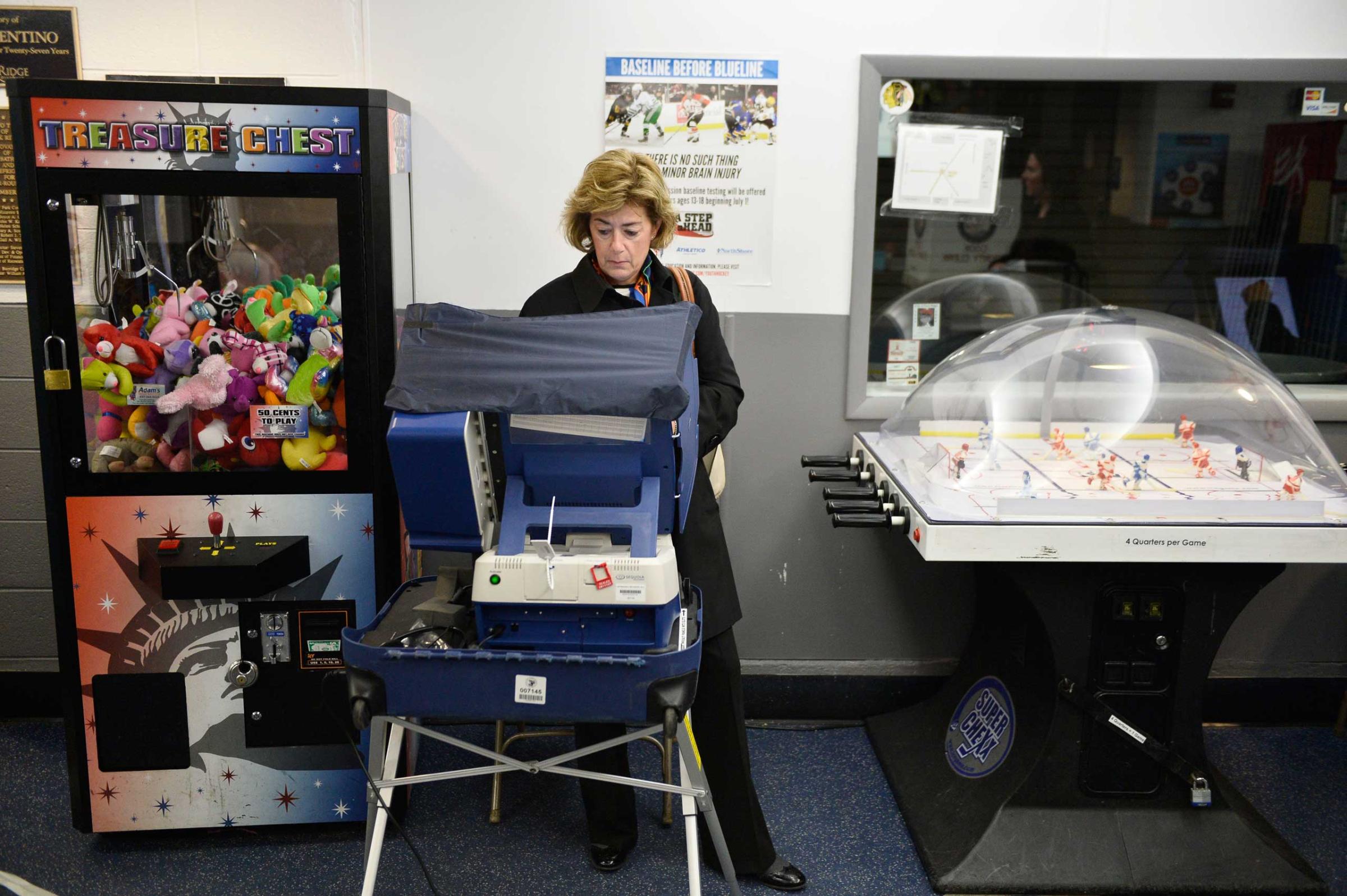
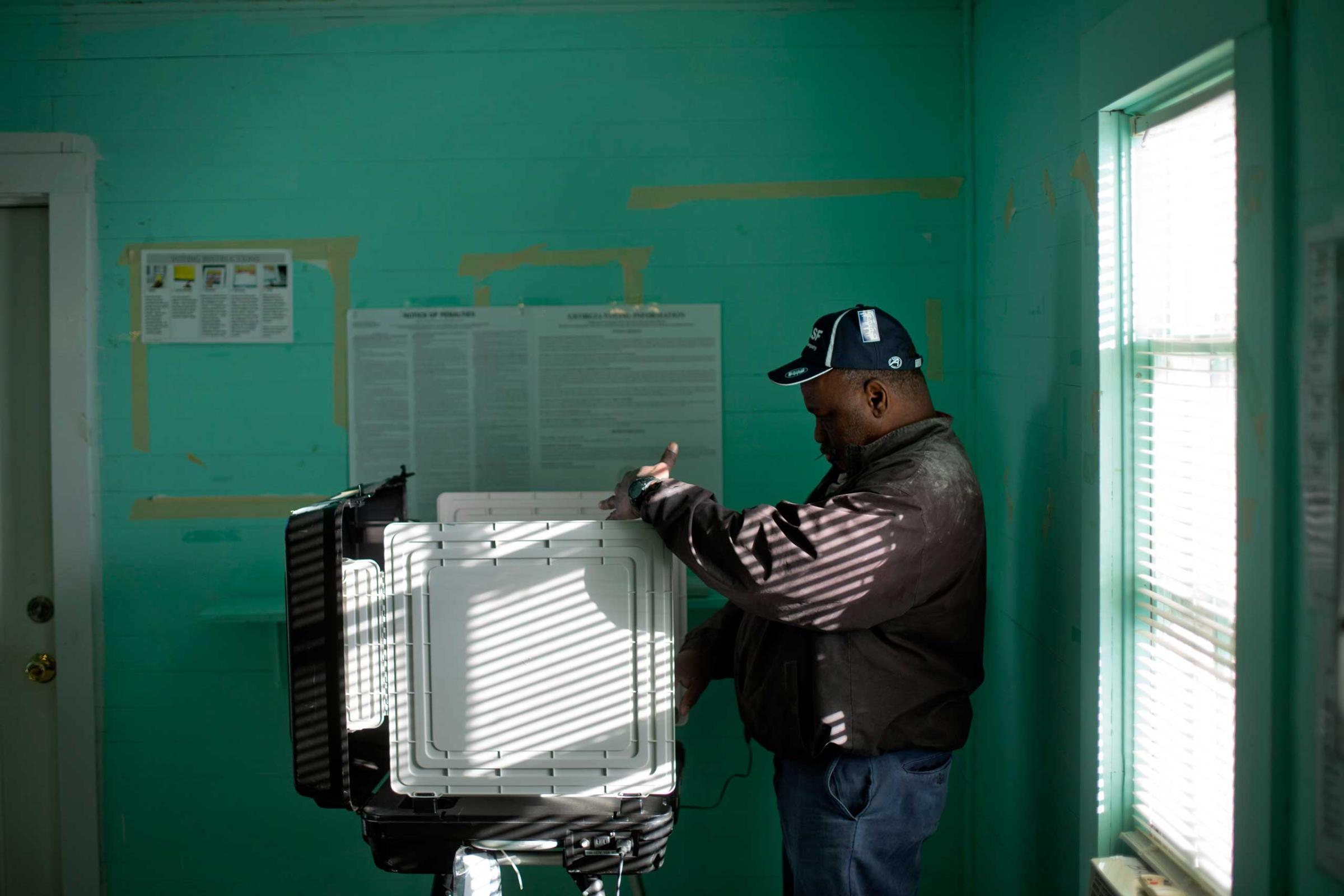
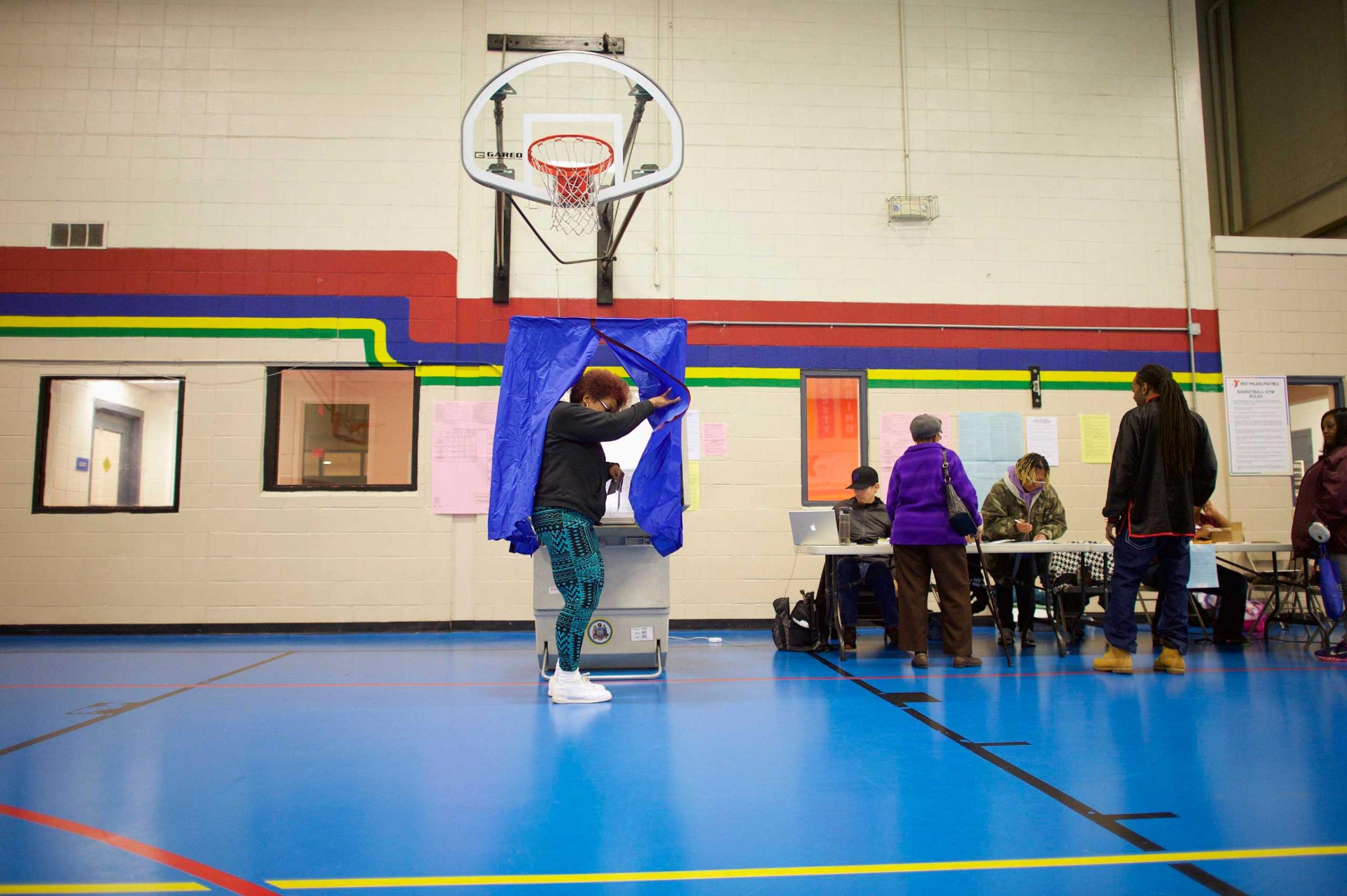
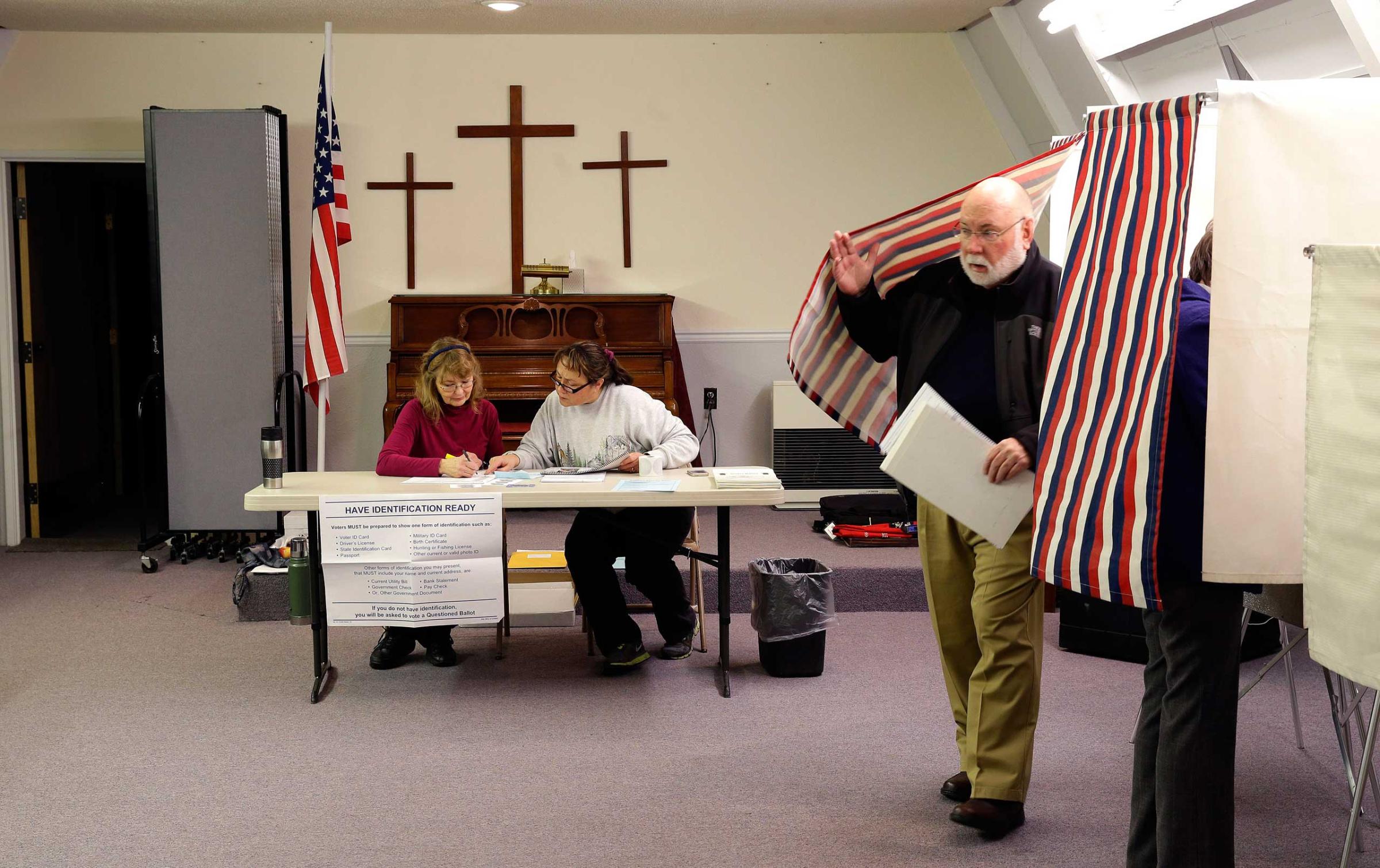
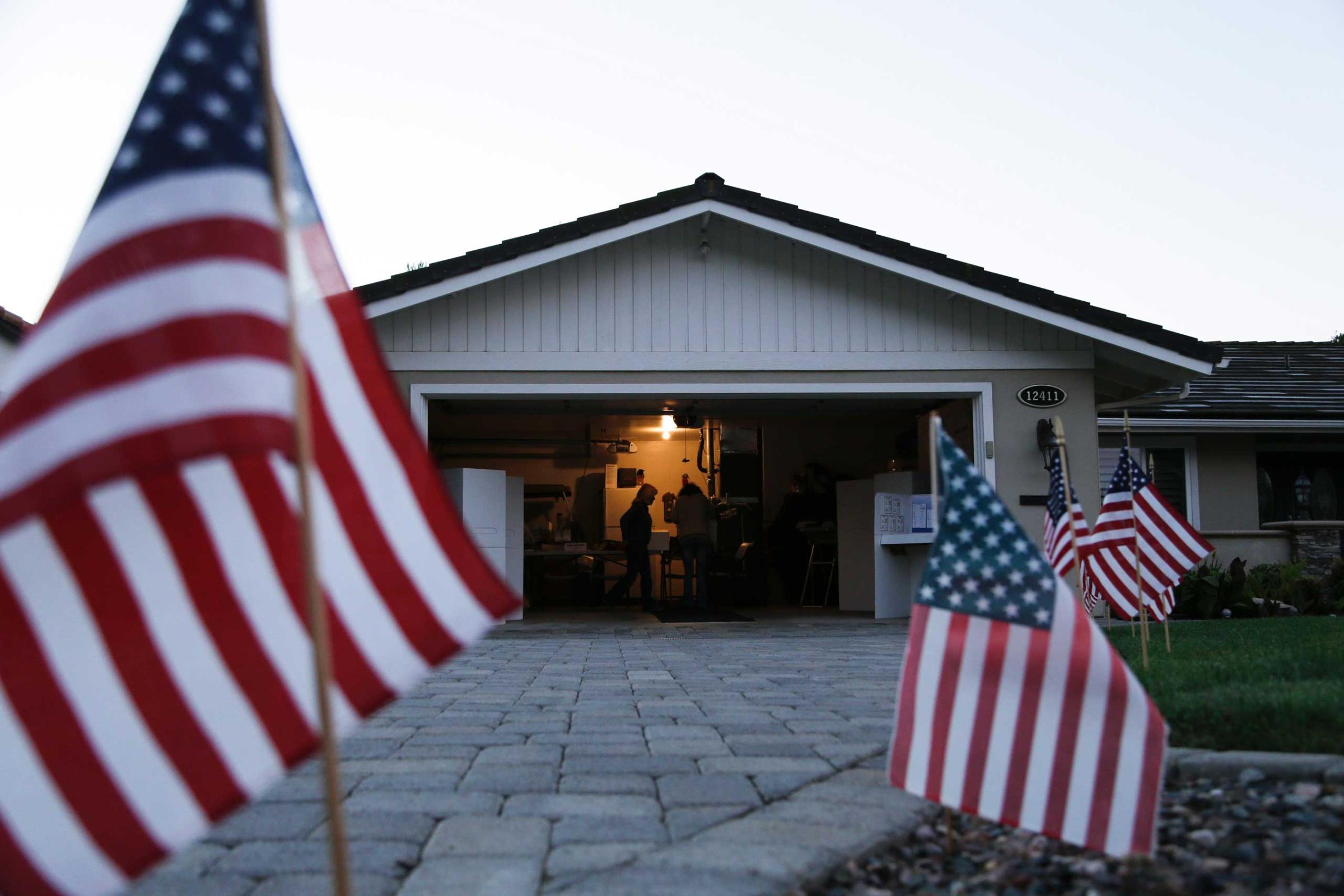
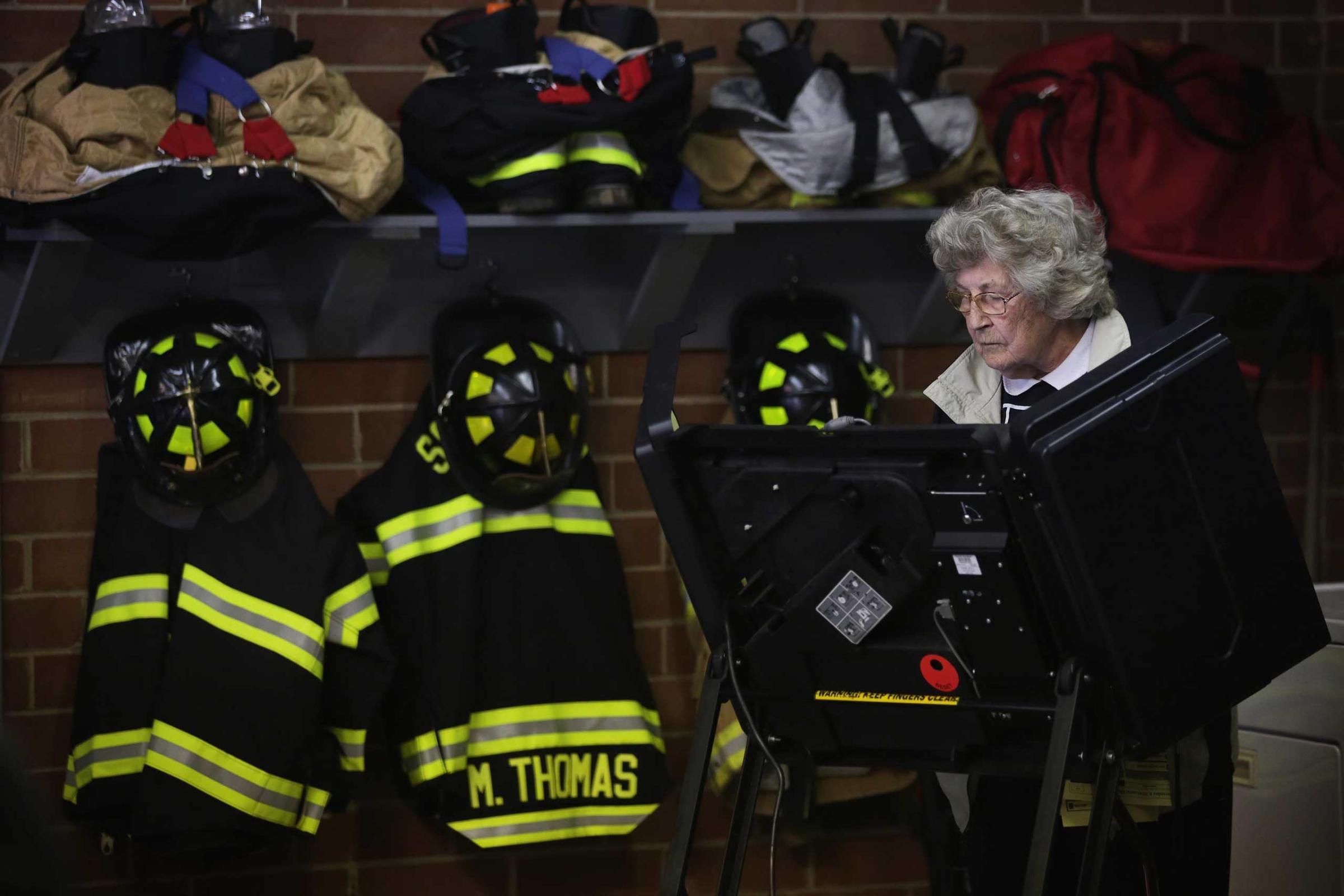
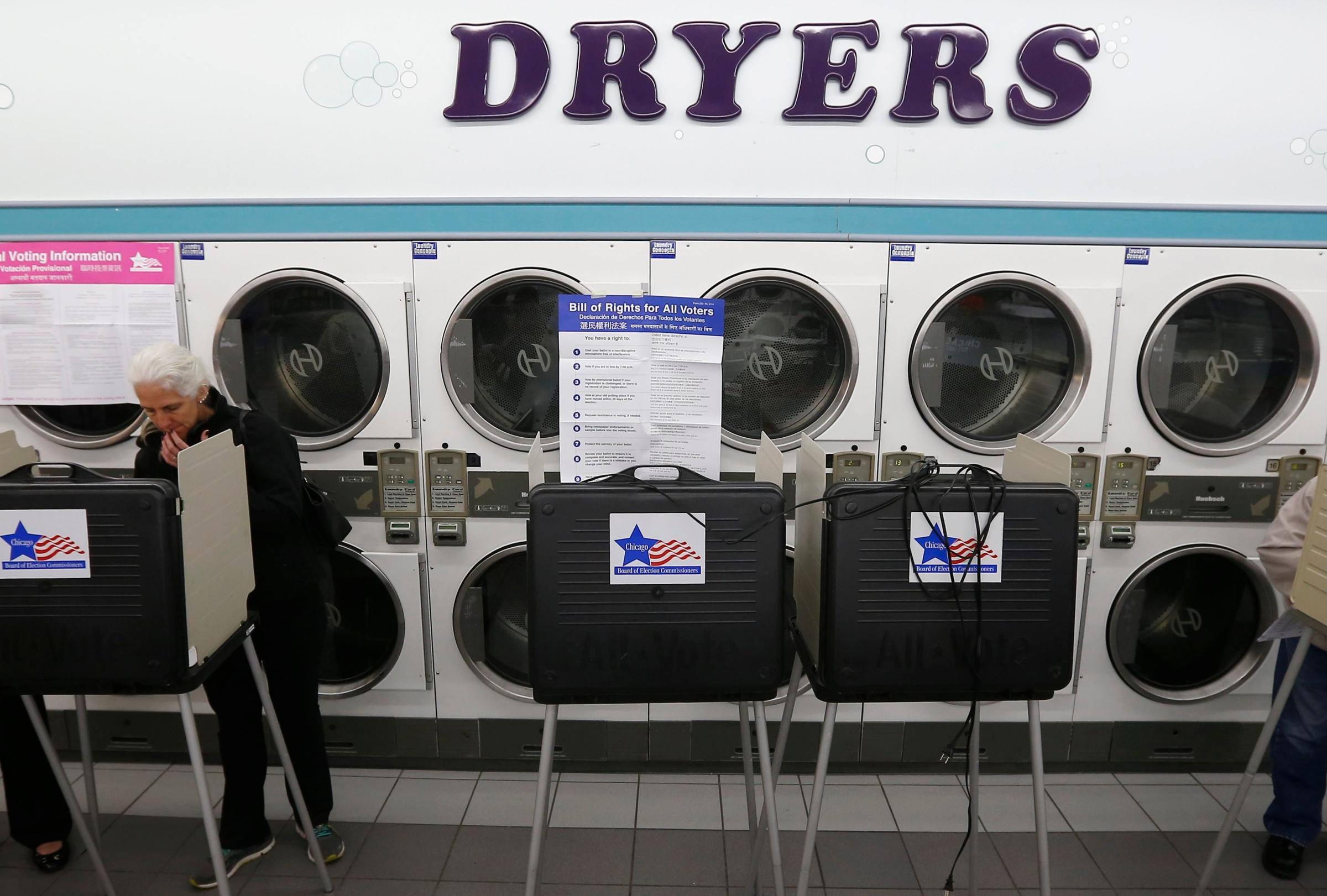
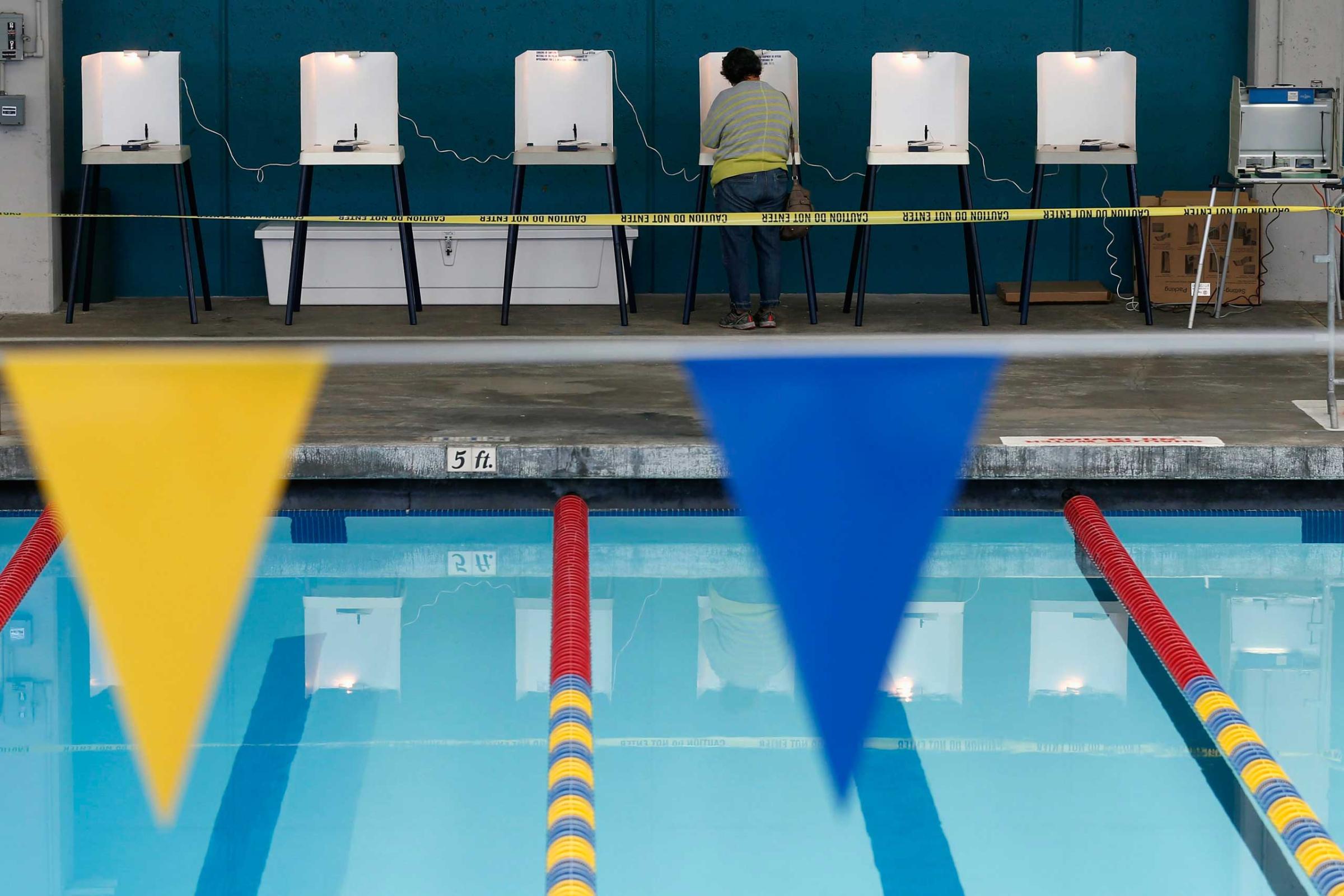
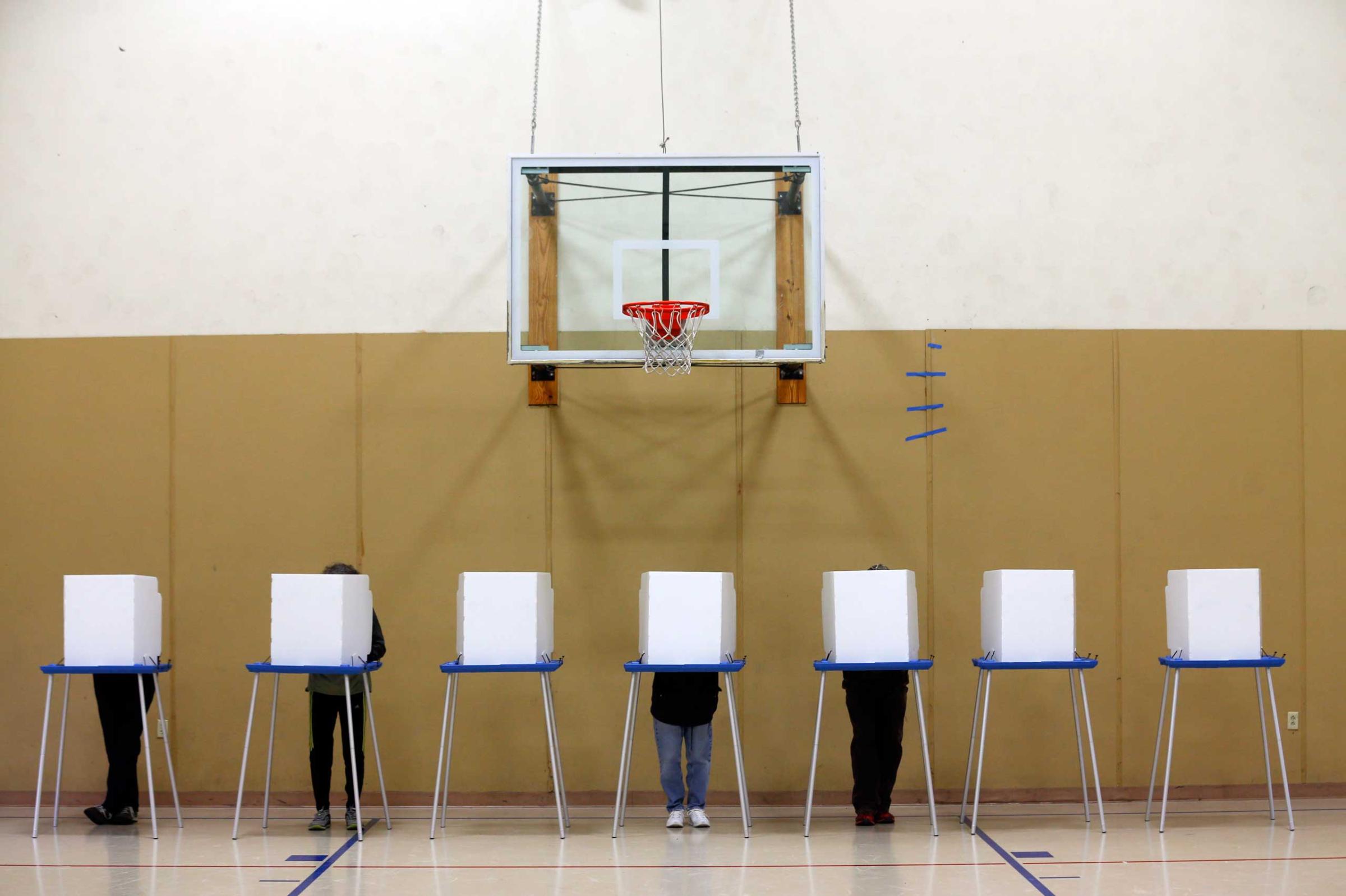
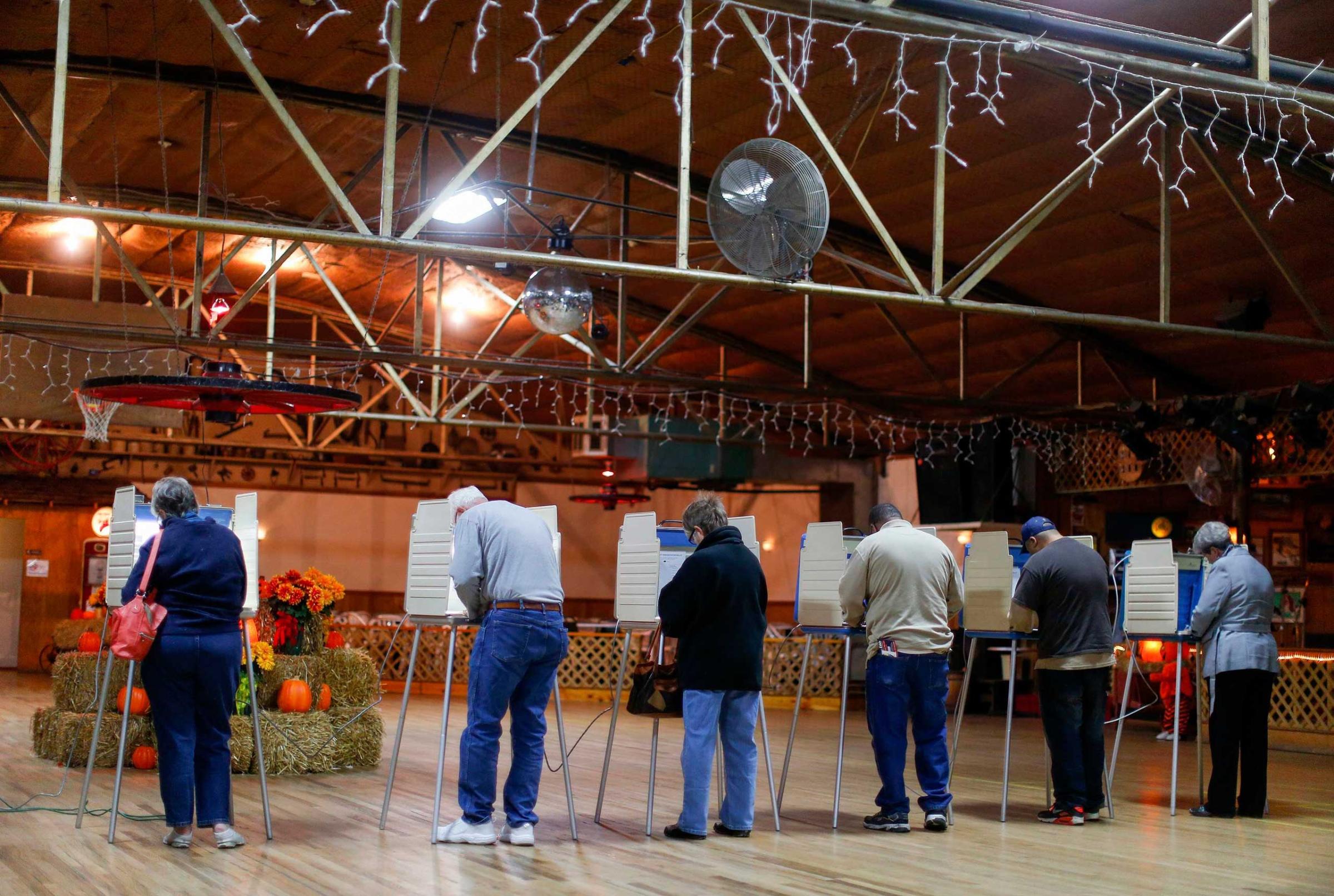
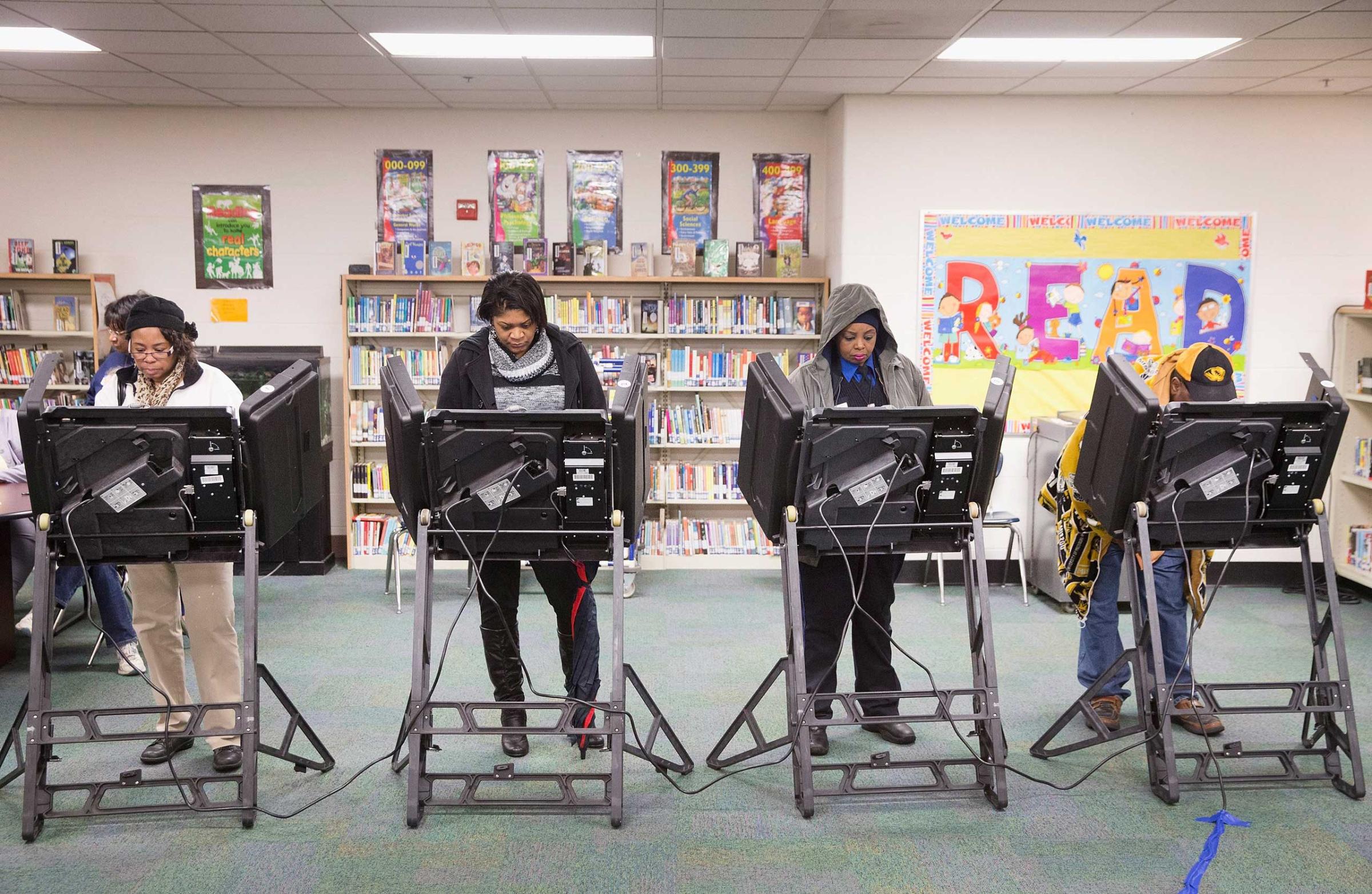
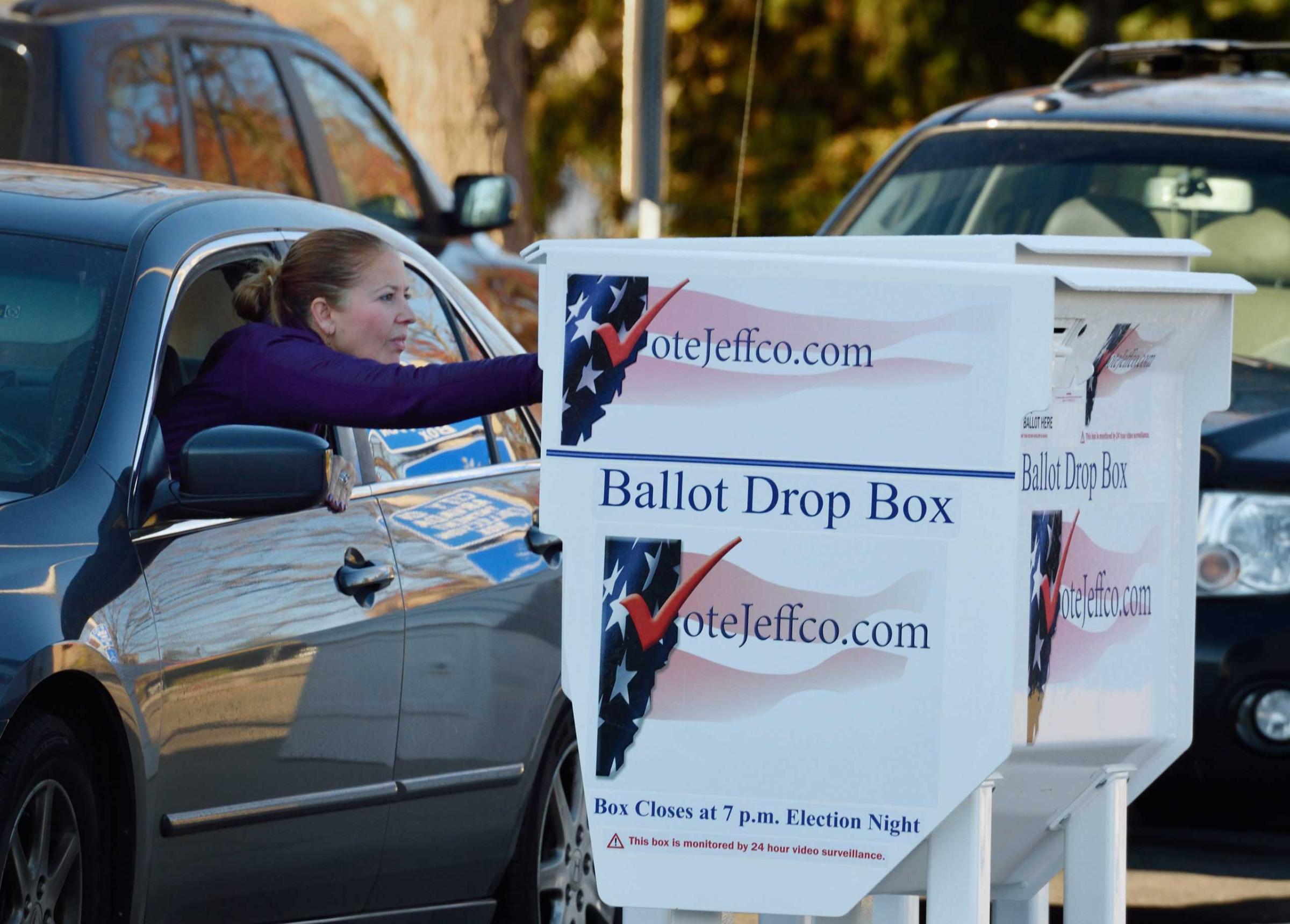
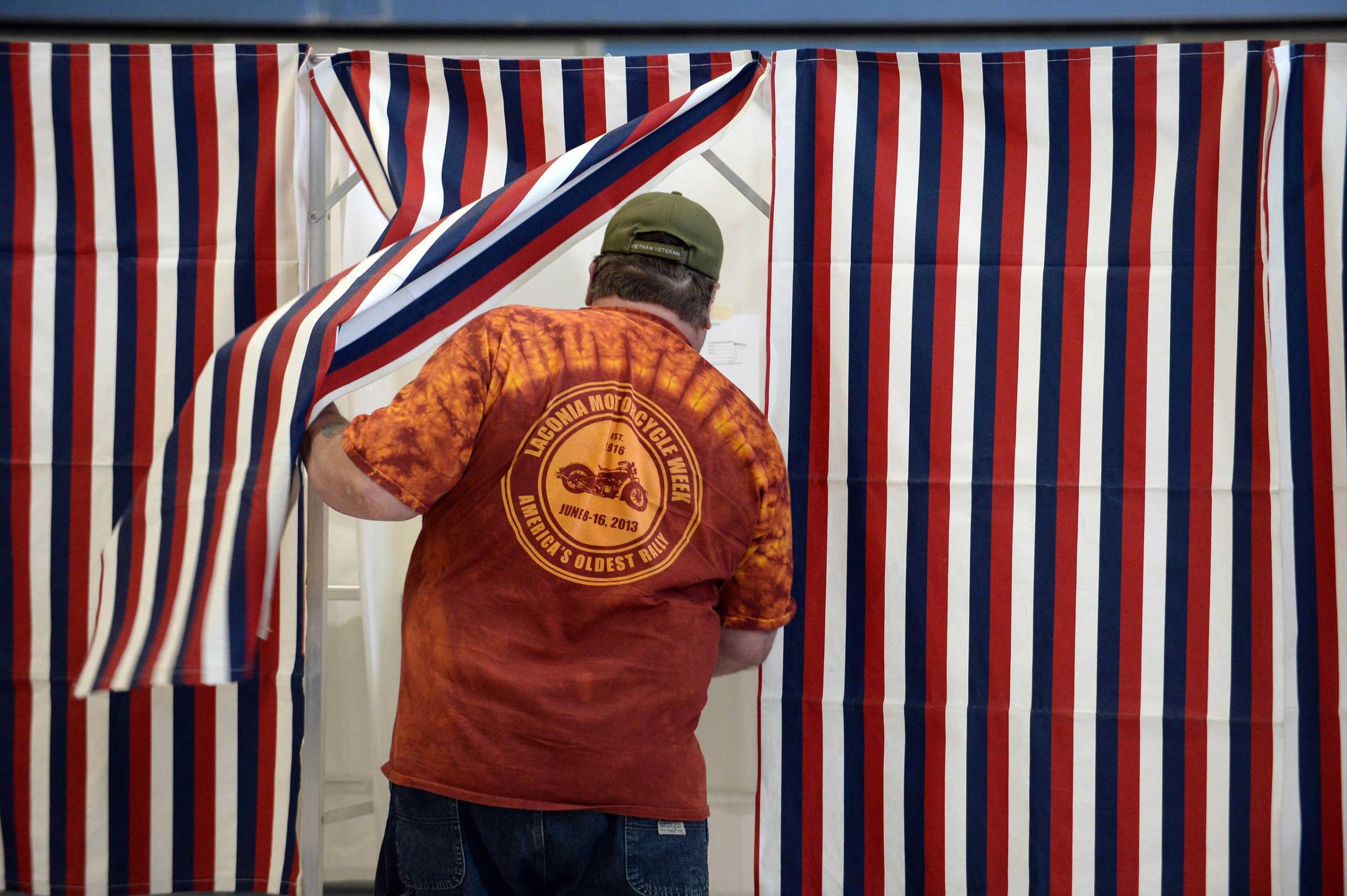
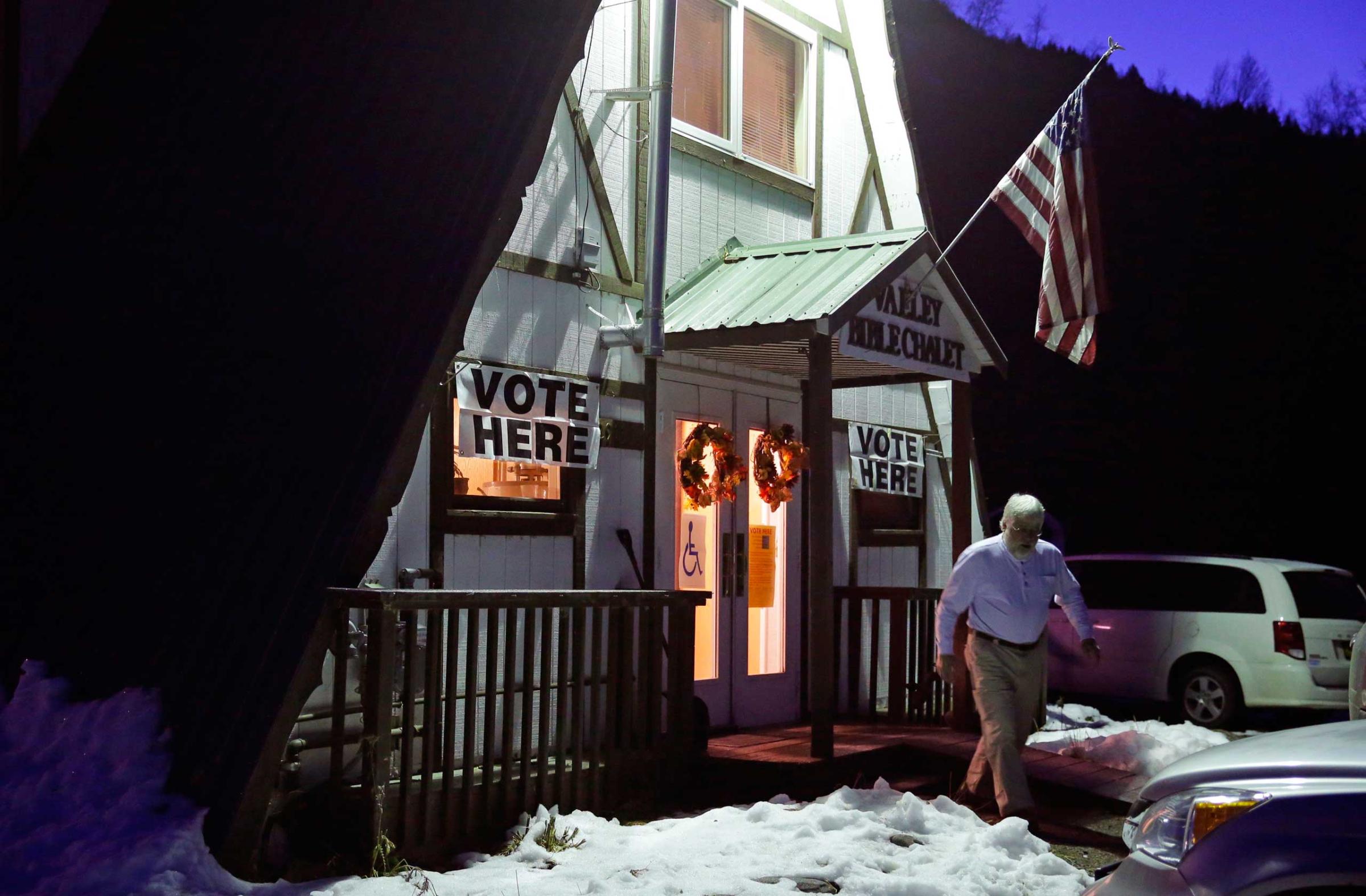
Former New York City Mayor Michael Bloomberg has committed $50 million to the group that led the effort, Everytown for Gun Safety, a coalition of gun control groups formed in the wake of the Newtown massacre. In addition, a pro-gun control political action committee launched by former Congresswoman Gaby Giffords and her husband Mark Kelly, raised some $20 million in the 2014 election cycle. (Giffords was shot in the head during a 2011 shooting in Arizona that left six others dead.) These cash infusions have changed the playing field, says Winkler. “Newtown did not lead to new national gun legislation, but it led to new money being committed to gun control,” he says.
Ballot initiatives, like the one in Washington, are expensive, says Brian Malte, of the Brady Campaign to Prevent Gun Violence, which has been working with Everytown in Washington state. “They require a lot of signature gathering, a plan, a strategy, getting out the vote,” says Malte.
The next test of this news strategy is likely to be in Nevada in 2016, unless the state expands gun sales background checks with legislation in the meantime. “If we can pass it in the legislature, that’s what we’ll do,” says John Feinblatt, president of Everytown. “If we can’t, we will take it to the people.” (The ballot initiative strategy in Washington was launched after efforts to pass expanded background check laws through the state legislature failed.)
This strategy is a throwback to gun control efforts that sprang up in the wake of the 1999 Columbine school shooting in Colorado. The year after the incident, Colorado and Oregon expanded background checks for sales at gun shows by ballot initiative. But in the intervening decade, the strategy was rarely, if ever, used, in part, because gun control groups couldn’t afford it. “The failure of elected officials to do the right thing on this has caused a lot of people in the movement to prevent gun violence to think creatively about how to better match the will of the people to policy outcomes,” says Zach Silk, campaign manager for the background check initiative in Washington.
Of course, a war chest of donations and built-in public support helps make an initiative successful, which is why gun control advocates are starting their new campaign on issues that poll favorably—like expanded background checks, which Gallup surveys have found are favored by as many as 80 to 90 percent of Americans. Restricting or removing the rights of convicted domestic violence abusers is another issue Everytown is already pushing in various state legislatures, along with new laws to regulate ownership of guns by the mentally ill. In the wake of a recent shooting spree in Santa Barbara County, California recently passed a law allowing family members to petition police and courts to take guns away from individuals who may be unstable.
So are gun rights advocates worried? “The difference now is you’ve got [one of the] richest guys in the world on the other side,” says Dave Kopel, a gun rights advocate and associate policy analyst for the Cato Institute, referring to Bloomberg. Unlike efforts to pass laws through Congress or state legislatures, in which politicians may risk their jobs voting for or against gun laws, “You put something on a ballot initiative and you don’t have people worried about displeasing someone else,” says Kopel.
Not all states allow people to vote directly on issues through ballot initiatives or propositions, meaning gun control groups will also have to lobby state legislators to enact their agenda. These days, though, they have the money to do both.
More Must-Reads from TIME
- Cybersecurity Experts Are Sounding the Alarm on DOGE
- Meet the 2025 Women of the Year
- The Harsh Truth About Disability Inclusion
- Why Do More Young Adults Have Cancer?
- Colman Domingo Leads With Radical Love
- How to Get Better at Doing Things Alone
- Michelle Zauner Stares Down the Darkness
Contact us at letters@time.com